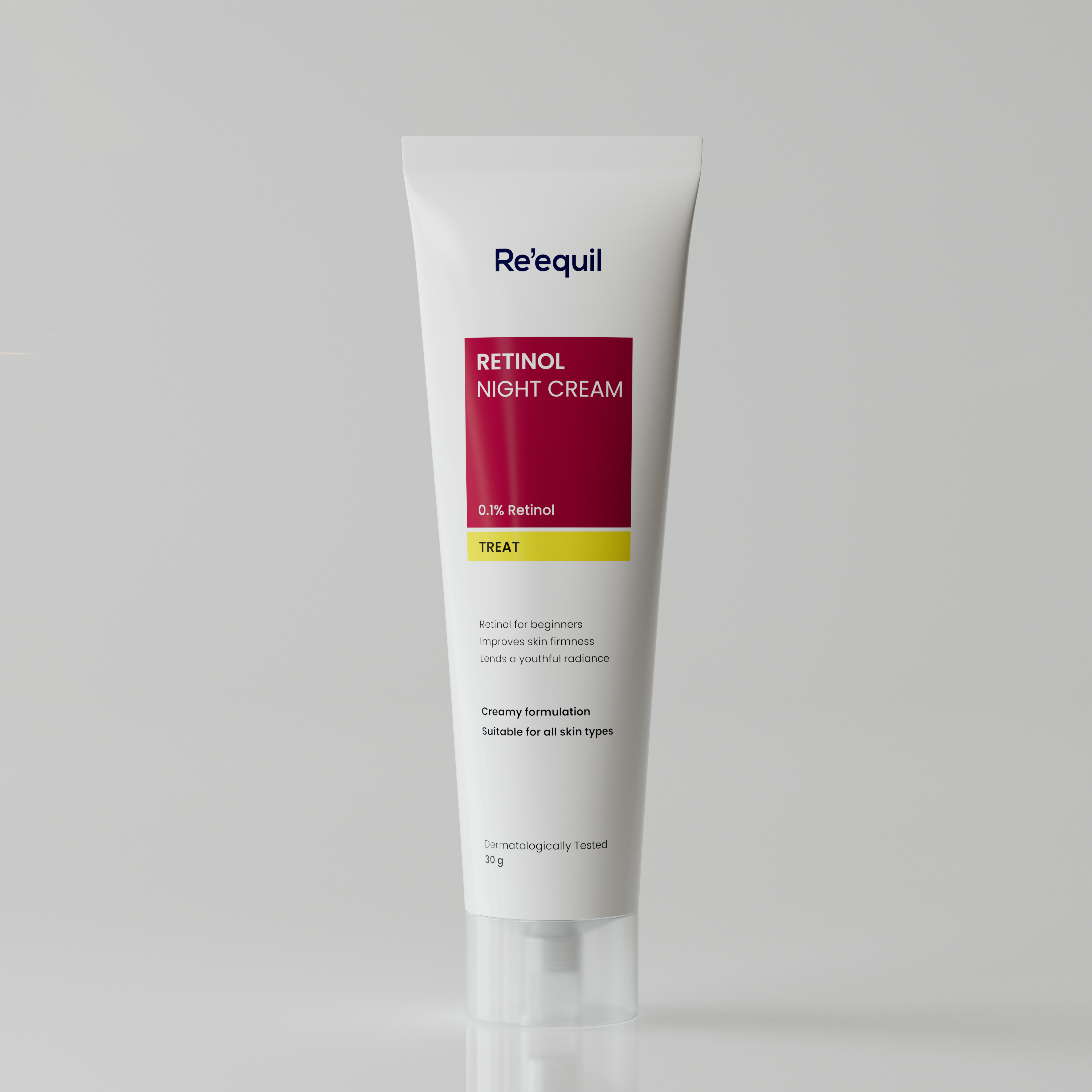When the first step of your skin care regimen goes wrong, your skin begins to behave in the least expected way. The pain is real when despite tweaking and tailoring your routine, you are not seeing satisfactory results. As the saying goes, "well begun is half done". Your first move in the right direction ensures your success. In a similar way, face cleansing is a pretty basic task in skin care regimen yet extremely important to keep your skin healthy. In simple words, your face wash preps your skin before you start with your CTM (cleanse, tone, moisturize) routine. You are not alone who has overlooked the art of face cleansing.
Most common myths
- Washing face with hot water is good
- Your skin should feel tight after cleansing
- Using facewash many times a day is a must for oily skin
- Acne occurs when you don't cleanse your face
- Cleansing brushes give your skin a deep clean

1. Washing face with hot water is good
After a hard-working day, a steam bath seems like a great idea to relax your body and mind. However, pouring hot water on your face can make your skin dry and parched by taking away the natural oils. Aside from that, the use of warm water puts you at risk of early aging. American Academy of Dermatology suggests that it is good to use lukewarm water to wash your face. It is advised that you should not wash your face for more than 60 seconds. Aesthetician Nayamka Roberts opines that washing your face for 60 seconds allows the ingredients of face cleanser to work well on your skin.
2. Your skin should feel tight after cleansing
Commonly believed that your face wash isn't doing the perfect job if your skin does not squeaky clean after face cleansing. Actually, when your skin feels tight after washing, it means your face wash comprises very harsh surfactants. Regular use of face washes comprising the harsh ingredients can weaken your skin barrier. Skin barrier present in stratum corneum (uppermost layer of skin) that prevents transepidermal water loss (TEWL) and guards your skin against infectious agents. Skin care experts recommend using a face wash with gentle ingredients for all skin types.
3. Using facewash many times a day is a must for oily skin
Time to bust the most common oily or acne-prone skin myth that washing your face too often controls oil production. In fact, overwashing of the face can do more harm than good. Board-certified dermatologist Dr. Mona Gohara opines that many acne cleansers are laden with strong surfactants like sulphates that make your skin extra dry by disturbing natural oil balance. To replenish the skin oils, your sebaceous glands overwork to increase sebum production. This ultimately leads to clogged pores and more acne flare-up. Skin care experts agree that washing your face twice a day is good to keep your skin clean and healthy.
4. Acne occurs when you don't cleanse your face
Undoubtedly, regular face cleansing helps to get rid of grime, dirt, and harmful bacteria from your face. However, acne are not only caused by dirty skin. There are many other factors such as hormonal imbalance, excess sebum production, clogged pores, and stress that contribute to acne formation. Apart from using a good face wash, people with oily or acne-prone skin should include a good toner, moisturizer, and broad-spectrum sunscreen in their skin care regimen.
5. Cleansing brushes give your skin a deep clean
It is easy to be lured by the exciting ads of face cleansing brushes that claim to clean your surface and pores thoroughly. The little-known side is, using cleansing brushes every day can cause potential damage to your skin barrier. These are mechanical exfoliators that rupture the skin barrier while sloughing off dead cells and impurities. Dermatologists explain that over-exfoliation of skin may lead to poor barrier function, acne exacerbation, and skin dryness. On the other hand, a face wash that contains chemical exfoliants like aha's (Alpha hydroxy acids) facilitates the dead cell removal without being harsh on the skin. A 2018 research study has demonstrated the benefits of AHA's for melasma, hyperpigmentation, roughness, and age spots. Similarly, another research study has figured out that AHAs help in cell renewal and regeneration, which prevent early wrinkle formation on the skin.

Your face washes are not one-size-fits-all, and it's important to know your skin type. A famous dermatologist Dr. Jaishree Sharad suggests that it is very crucial to know your skin type before starting any skin care regimen. There are mainly four types of skin i.e. normal, dry, combination, and oily. For dry and combination skin, AHA's-based face washes are considered beneficial to get proper hydration and a healthy complexion. If you have oily and acne-prone skin, a gentle cleanser with Zinc PCA is found quite effective in regulating sebum production while relieving skin irritations. Pick up these face cleansing habits and adore your flawless skin each day.
P.S.
Moisturizing is the next step after cleansing the skin. Skin care experts advise moisturizing your skin immediately after cleansing. Without moisturization, your skin may fall victim to early wrinkles, acne, inflammation, rough texture, and so on. Good moisturizers contain humectants like hyaluronic acid help to deliver long-lasting hydration to your skin.


























